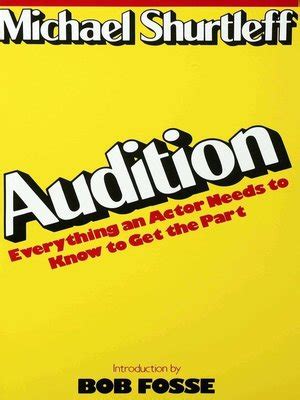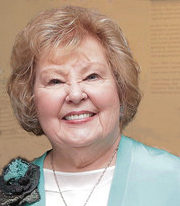A Quote by Robert Fripp
I'd say that what we hear is the quality of our listening.
Related Quotes
Listening is the oldest and perhaps the most powerful tool of healing. It is often through the quality of our listening and not the wisdom of our words that we are able to effect the most profound changes in the people around us. When we listen, we offer with our attention an opportunity for wholeness. Our listening creates sanctuary for the homeless parts within the other person. That which has been denied, unloved, devalued by themselves and others. That which is hidden.
People are making a lot of music and higher and higher quality. I can't say the same thing for how people are listening to music. People are hearing music through terrible speakers, little computer speakers, there's a lot to get back to in terms of hi-fi and people listening to better quality, technically better quality music.
We're all born listeners. And as a result of our modern lives, and living in a world that has less meaning than the natural world that we evolved to hear, we learn to think of listening not as taking in all the information with equal value, which is the definition of true listening. In our modern world, we tend to think of listening as focusing our attention on what is important and filtering out everything else.
The thing is, the kids always rebel against what the parents try to push on them so I'm going to pretend like I don't want my son to hear the rock. I'm going to listen to it only in my private chambers. He'll hear echoes of it and say: "What was that you were listening to papa?" And I'll say: "Nothing son, you're not ready."
Affirmations are quality ideas and quality thoughts. The quality of our thoughts reflects the quality of our life. Hence, if we were to raise the quality of our thoughts, we would automatically improve the quality of our life Affirmation literally means to validate or confirm. So when we think a thought over and over again, we are validating or confirming it as the truth Using affirmations on a daily basis is one of the easiest things we can do to change our lives.
Deep Listening is listening in every possible way to everything possible to hear no matter what you are doing. Such intense listening includes the sounds of daily life, of nature, or one's own thoughts as well as musical sounds. Deep Listening represents a heightened state of awareness and connects to all that there is. As a composer I make my music through Deep Listening



































